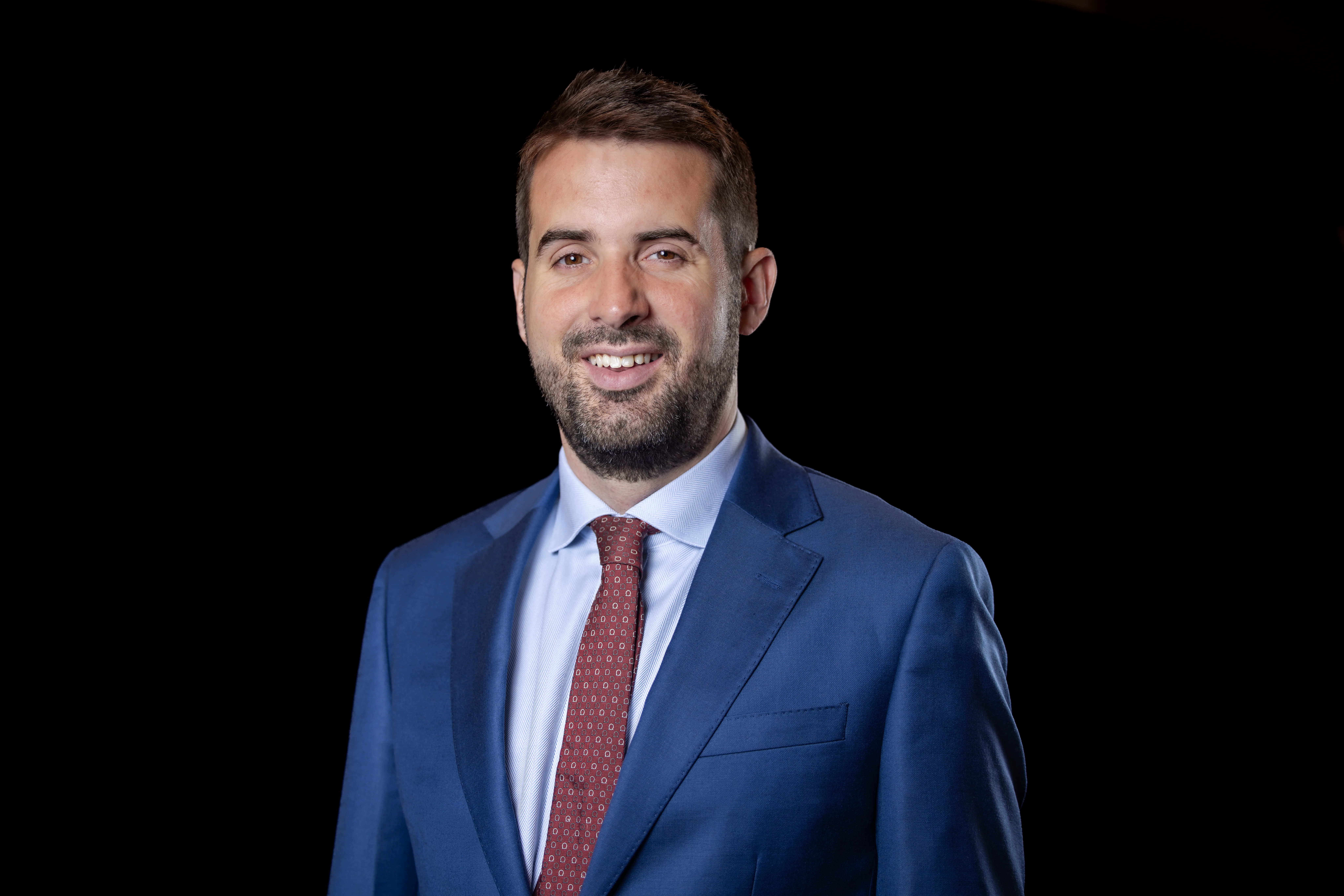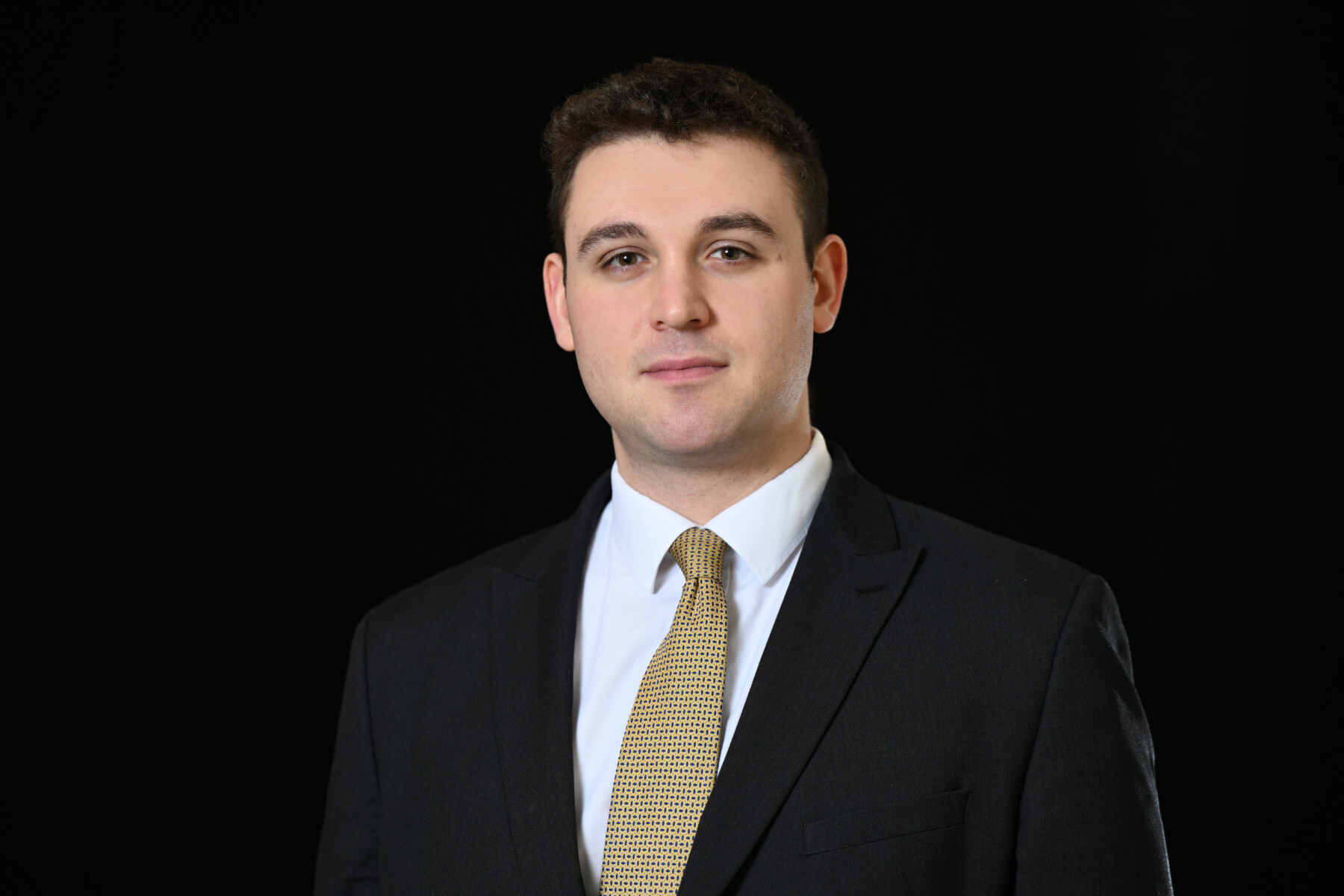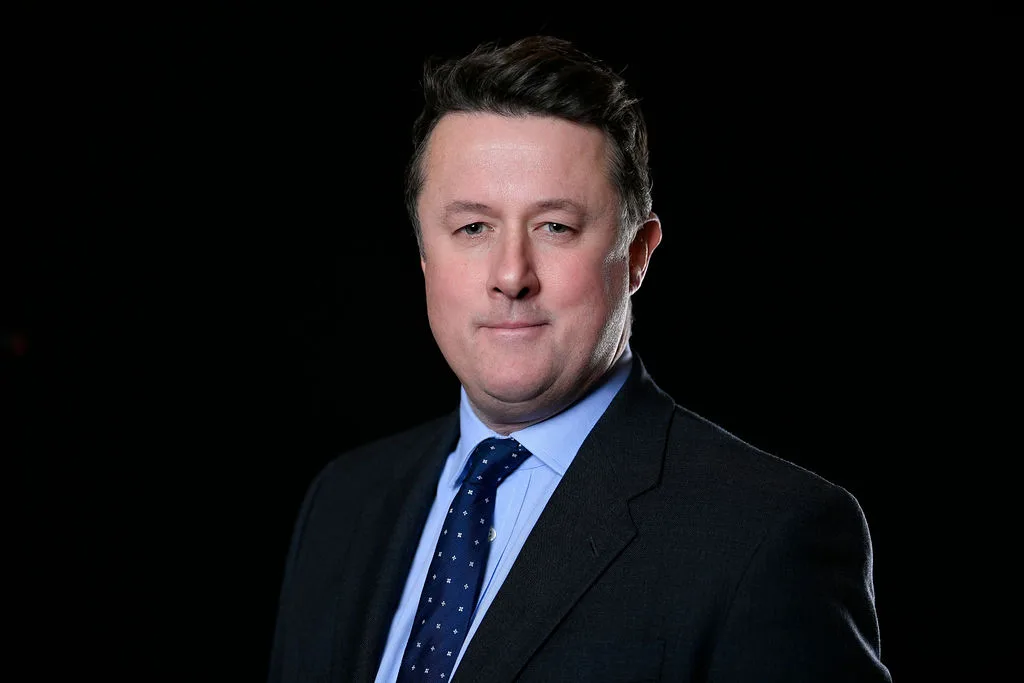Why does negative media affect immigration applications?
At first instance, immigration applications are decided by a caseworker within the Home Office. While complex and sensitive applications always run some risk of an initial rejection, necessitating an appeal to the first-tier tribunal, an approval from the Home Office without needing to appeal is preferable.
In determining an immigration application, Home Office caseworkers are likely to search an applicant’s name on Google. This means any negative open source media that exists about the applicant can have a detrimental impact on the chances of their application being granted.
In our experience, negative media about an immigration applicant might also be false and include politically motivated accusations of criminality or misrepresentations about legal proceedings in which an applicant was involved. There may also be negative media about an applicant that simply has no bearing on reality whatsoever.
What are my legal rights?
Many private individuals do not engage lawyers simply because something negative has been written about them, often because they prefer to avoid dwelling on criticism, are unaware that it is possible to have something removed from the internet, or do not fully appreciate the wider consequences of negative articles online.
However, Article 17 of the UK GDPR provides a right to have personal data erased without undue delay, most commonly in circumstances where data processing is inaccurate, inadequate, no longer relevant or excessive. This is known as the right to erasure or the right to be forgotten, although they are not absolute rights because a request can be refused, typically where there is a public interest which overrides an individual’s data rights.
In addition, if the content online is false and has caused serious harm to your reputation, or contains information in respect of which you would have a reasonable expectation of privacy, then it is possible that there may be grounds for an actionable defamation or privacy claim which could also lead to the article being removed.
In summary, if the media is outdated, false and misleading, or contains private information, then there could be grounds to have it removed.
What practical steps can be taken?
If there are grounds to complain about content, then we can seek to remove the source material, or approach the search engine operator to have the relevant webpage delisted from its search results, either by liaising with or taking action against the relevant author, webmaster, hosting company, registrar, internet service provider or search engine operator.
Even if the articles are on a website which is based overseas then it may still be possible for action to be taken to have them removed. While publications and websites in some regions may be easier to deal with than others, the likelihood of success will often depend upon that country’s privacy, defamation or data protection laws, and how that country’s online media industry operates in practice. We work with law firms across the world to help provide a cross-jurisdictional approach when the particular circumstances of the case require it.
In addition to correcting the written record, removing inaccurate media where possible is very likely to strengthen an immigration application. Witness statements and legal representations can instead focus on the strengths of an immigration application, rather than trying to explain any weaknesses caused by media reporting.
Where it is not possible to have an article removed, an applicant’s witness statement, along with additional statements from other relevant individuals who know the applicant or who know the truth about the online coverage, can help to explain the true position in support of the immigration application. Lawyers can also enhance an applicants’ witness and documentary evidence in a legal covering letter of representations.
How can we help?
It is always worth flagging false and damaging media stories to your legal team when making an immigration application. Where the application is likely to be sensitive or complex, such stories become even more damaging and prejudicial. In those circumstances, obtaining specialist legal advice as to what can be done can be particularly helpful.
If you are looking to make an immigration application and there is negative media online about you that you believe might affect your application, we are able to advise and assist you.
We work on an interdisciplinary basis with our leading media and privacy team, and we can advise you on all the issues that might affect your immigration application, even where these are particularly sensitive.
For further information, please contact Matt Ingham, Partner in our Citizenship & Immigration team.









